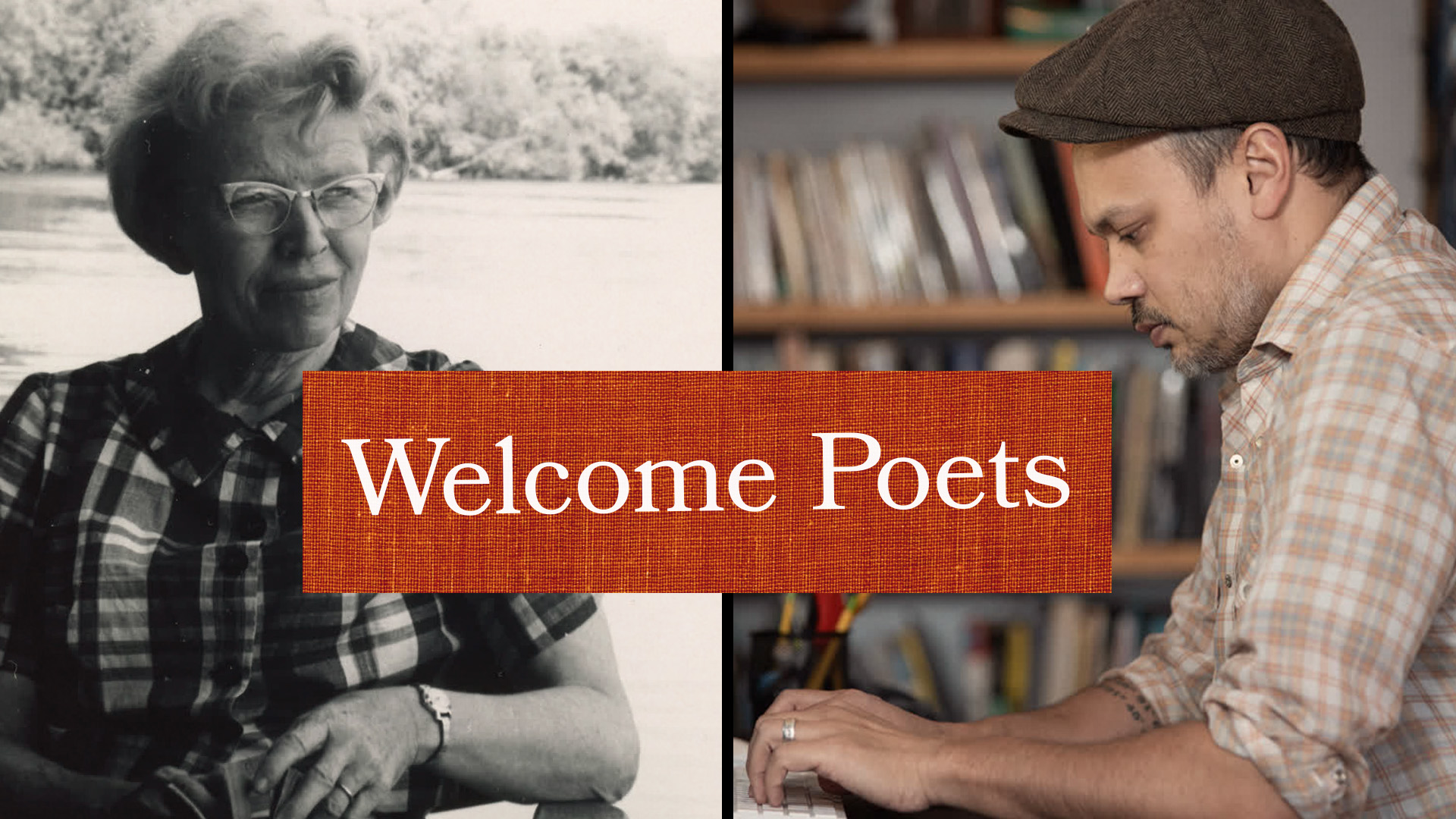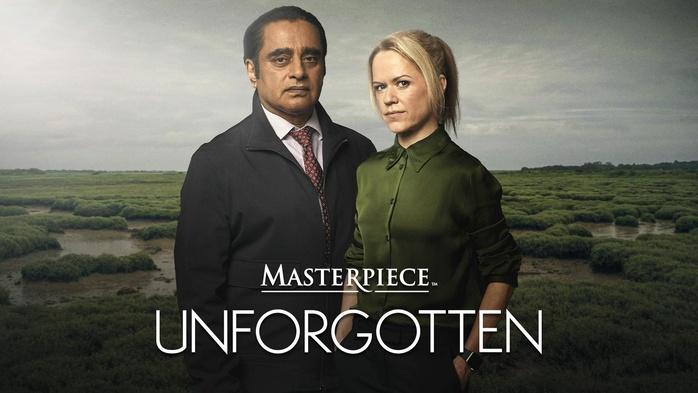Frederica Freyberg:
The world is an increasingly scary place. Political assassinations, mass shootings at schools, churches and on the street. Even though some of the violence is close to home, the sense is it won’t happen to me. But that’s what survivors often say. And how are people to make their way in the face of it? We ask Sydney Timmer-Murillo, assistant professor at the Medical College of Wisconsin and psychologist treating trauma and traumatic injury. And thanks for being here.
Sydney Timmer-Murillo:
Thank you.
Frederica Freyberg:
So is there such a thing as collective trauma, where people generally feel a sense of foreboding in the current climate?
Sydney Timmer-Murillo:
Yeah, absolutely. I think especially with the frequency that we’re seeing violence and such highly broadcasted events of violence, we can absolutely, as humans feel the weight of so much profound trauma.
Frederica Freyberg:
So watching the deadly mayhem of the fire and church shooting in Michigan was so much. And then it’s on endless loop in social media. How much does that endless loop wear on people?
Sydney Timmer-Murillo:
Yeah, we know that the frequency of how much you see trauma or experience trauma, so that repetition of violence really can impact somebody quite significantly. And it’s normal for them to then start to experience anxiety or fear or really a threat to their sense of safety. Even if it wasn’t you who experienced the violence per se.
Frederica Freyberg:
How injurious is this exposure in people’s day-to-day lives, perhaps especially children and young adults, things they see on screens?
Sydney Timmer-Murillo:
Yeah. So, you know, everybody is different. We can see a range of different reactions from an understandable spike in your emotion when you first see that violent event, but it can grow and really build a cascade into mental health concerns or mental health diagnoses. And so an individual, you know, especially kids and children and adults, when they’re trying to make sense of it, it can really start to shape your worldview and whether or not you feel safe operating in the world. So maybe you start to avoid certain things that used to be normal for you. It might be difficult for you to go to work or go to school.
Frederica Freyberg:
And so the shock of assassinations and school shootings is obviously so deeply disturbing. Should people not directly involved sit with that or move along?
Sydney Timmer-Murillo:
Yeah, we would encourage that — you know, you can’t necessarily always escape the bad things happening in life or media and you want to be informed, but it’s definitely important to take breaks. I would argue that, you know, taking those social media breaks and really making sure you’re engaged with your day-to-day life, your loved ones and family can really keep you grounded when navigating so much tension in this world.
Frederica Freyberg:
How does trauma affect people who have experienced it?
Sydney Timmer-Murillo:
What we know from the research is that if you have a history of trauma that puts you at greater risk of developing psychopathology after any subsequent types of trauma. And so if you, let’s say, even we’re in like a motor vehicle collision, and then now you’re dealing with new exposures to violence, it does tend to put you at a greater risk or it’s something that I would be looking out for when I’m trying to help treat somebody for, let’s say, post-traumatic stress disorder or depression.
Frederica Freyberg:
In what feels like a violent world and is, is the practice of trauma treatment a growing field?
Sydney Timmer-Murillo:
Absolutely. Yeah. I think, you know, a majority of people will experience at least one trauma in their lifetime. But we know that a lot of people can — are at risk for more than just one traumatic experience, or they live in communities with high rates of violence. And so because of that, you know, I think mental health providers really do need to be prepared for addressing trauma in whatever they’re doing with their patients. But we are definitely growing in terms of specializations as well, that we need these providers to really be able to hone in on the root of somebody’s trauma reactions, and that tends to need some pretty specialized treatment to be able to do that effectively.
Frederica Freyberg:
What makes someone resilient to trauma?
Sydney Timmer-Murillo:
Yeah. What a great question. You know, I think it is important to remember that there is resilience in the face of trauma. And there are so many things that can contribute to that. There can be individual factors. So how you regulate your emotions in the face of fear and threat to your safety. But I also think social support is such a profoundly important resilience factor. Really connecting to your loved ones when you have been exposed to violence, it’s so critical for trying to move forward and cope with the reactions.
Frederica Freyberg:
All right. Well, thank you so much for your information.
Search Episodes

Donate to sign up. Activate and sign in to Passport. It's that easy to help PBS Wisconsin serve your community through media that educates, inspires, and entertains.
Make your membership gift today
Only for new users: Activate Passport using your code or email address
Already a member?
Look up my account
Need some help? Go to FAQ or visit PBS Passport Help
Need help accessing PBS Wisconsin anywhere?

Online Access | Platform & Device Access | Cable or Satellite Access | Over-The-Air Access
Visit Access Guide
Need help accessing PBS Wisconsin anywhere?

Visit Our
Live TV Access Guide
Online AccessPlatform & Device Access
Cable or Satellite Access
Over-The-Air Access
Visit Access Guide
 Passport
Passport






Follow Us